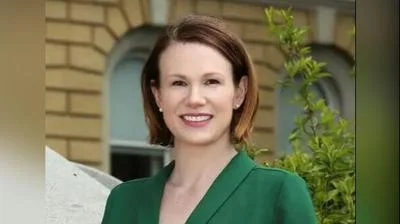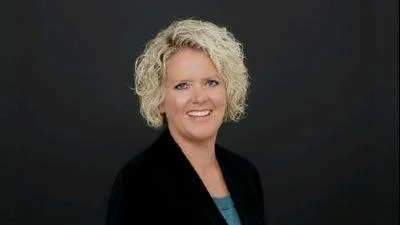Gov. Kim Reynolds | Wikimedia Commons/Gage Skidmore
Gov. Kim Reynolds | Wikimedia Commons/Gage Skidmore
Gov. Kim Reynolds' office is working together with the state, devising a safe plan to open up economically while pulling in more testing for those areas with higher COVID-19 cases.
“In Northwest Iowa right now, the numbers are really low and so we’ll take a look at what it looks like up there,” Reynolds said, according to the Sioux City Journal. “We want to get things up and going. We have to do it responsibly. We have to be cautious in how we do that because we don’t want to just flip the light switch and then have another spike happen in a week — that’s not going to be beneficial for anybody. We don’t want to open things up only to say in a week we’ve got to shut it back down. We have to be strategic and thoughtful and responsible in how we do that.”
Reynolds shared in the press meeting April 15 that deaths associated with COVID-19 are elderly or have underlining health conditions pointing out that 10% of cases are linked to assisted living homes, according to the Sioux City Journal.
Although an estimated one person in every 160 in the state has been tested, the lack of availability to these tests is creating roadblocks in the development of Reynolds economic recovery task force. The state closing order for schools and non-essential businesses and services is still slated until April 30.
“We’re starting to see positive cases level off but that will change as we do targeted testing,” Health Department Deputy Director Sarah Reisetter said, according to the Sioux City Journal. “As we do more testing, we might find more cases that we wouldn’t otherwise find. The reason that we haven’t done widespread surveillance testing in our state to date is because we just haven’t had the testing supplies available to do that.”
During the April 15 news conference, Director of the State Department of Human Services, Kelly Garcia, shared her concerns about those that may be dealing with domestic abuse. She highlighted that due to the coronavirus, isolation victims may be home with an abuser and these unfortunate circumstances may go unnoticed or unreported because of the absence of mitigations officers such as teachers and doctors. She urged the public, “if you hear something or see something, say something," according to the Sioux City Journal.
“We don’t believe that abuse has gone away, but the reports have,” Garcia said, according to the Sioux City Journal.
If anyone knows of abuse or suspects it, the domestic abuse hotline is 1-800-362-2178.
“We know that Iowans are going to need us now more than ever — many for the first time,” Garcia said, according to the Sioux City Journal.





 Alerts Sign-up
Alerts Sign-up